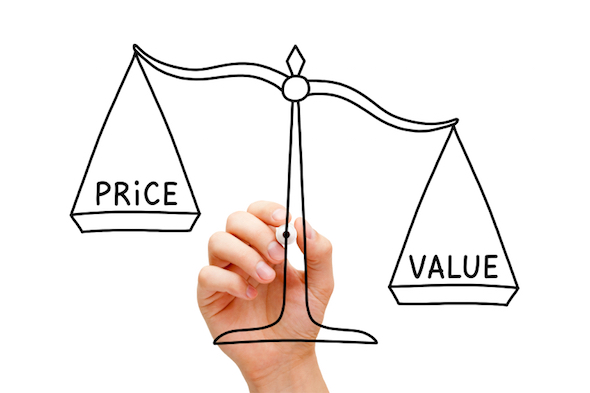
The home appraisal plays a key role in the home buying process, both for a purchase and for a refinance. That’s why it’s important to understand the ins and outs of the home appraisal process. In a purchase transaction, the appraisal is used to confirm whether the purchase price is a true market value. In a refinance, the appraiser assesses the value based on market conditions and comparable sales, with no consideration of the loan amount or value estimate of the borrower or the lender. The appraiser also looks for any defects in the home, and if necessary, recommends repairs to be completed prior to loan closing.
What Is a Home Appraisal?
A home appraisal is when an impartial third party assesses the value of a home for the purposes of either purchase or refinancing. A mortgage lender uses the appraisal to make sure it’s not lending too much money to the buyer that it couldn’t get back through a sale if the buyer defaults. Appraisals also help a buyer make sure that the price she’s paying isn’t significantly above market value.
To determine a home’s value, the appraiser will consider a wide range of factors, including the home’s location, size, amenities, condition and any new features that the owner has installed. Then, the appraiser will use the price of comparable homes to determine the free-market value of the property.
The home appraisal process can be a frustrating experience for homeowners, especially in a refinance, because this is one aspect of the process over which they have very little control. The value determined by the home appraisal service sometimes seems arbitrary. What homeowners often fail to realize is that the appraisal process is equally frustrating to lenders, since they also have no input in this aspect of the loan transaction. The appraiser has no affiliation with the lender.
Appraisers and Lenders Allowed No Contact

Prior to the crash in the housing market, mortgage lenders were notorious for pressuring appraisers to inflate values. This was particularly true for refinances. Lenders often had a cozy relationship with a handful of appraisers who got the bulk of their business, and often consulted the loan officers about what value they needed to make the deal work. This practice was arguably one of the causes of the housing bubble in the middle part of the last decade.
After the bubble burst, regulators came down hard on lenders’ role in the appraisal process. Now mortgage lenders cannot have any direct contact with the appraiser. A third party who selects the appraiser and coordinates the appointment with the homeowner. This regulation has prevented artificial inflation of values and undue pressure from lenders. However, the added layer of bureaucracy in the process can cause delays. It has also become nearly impossible for loan officers to help their borrowers to coordinate appraisal appointments.
Home Appraisal Process: Costs and Valuation

Costs for an appraisal vary by region. Broadly speaking, a single family home or condo will usually range from $300 to $500. Costs will be higher for more complex properties, such as a multi-unit property or a rental property. If the appraiser recommends repairs to complete prior to closing, the appraiser will have to go back out to the property to certify completion. The cost for this is usually $100 to $150.
The appraiser determines the value of a home based on comparable sales in the same neighborhood. The appraiser will look for similar homes that sold within a six-month period. If the comp is bigger or smaller than the subject property, the appraiser will calculate an adjustment. Similarly, the appraiser will make an adjustment if there are any additional features such as a deck, a view or a yard, which add value to one property but not the other. Cosmetic features like a renovated kitchen or exterior molding do not have a significant impact on value. If a home sold via a foreclosure or short sale, that is given equal weight in comparison as a home sold via a conventional sale.
If you disagree with the value the appraiser assigns to your home, there is a procedure by which you can dispute the value. However, doing so is very difficult. You have to find your own comps that support a higher value than those the appraiser used. Submit those to the lender’s underwriting department and they will make their own assessment of the value. Realistically, because of the regulatory scrutiny on banks, underwriters are very reticent to changing the value on the appraisal. If you do want to dispute a value, make sure you present a very strong case.
Tips for Buying a Home
- A lower-than-expected appraisal value can make refinancing difficult. Fortunately, you’re not without options if you find yourself underwater on your mortgage.
- Buying or refinancing a home is a huge financial decisions, so it helps to have the guidance of a financial professional. SmartAsset’s financial advisor matching tool can help you find an expert to help navigate the process. Just answer a series of questions about your situation and goals. Then, the program will narrow down your options to up to three advisors in your area who suit your needs.
Photo credit: © iStock.com/fstop123 , © iStock.com/andresr , © iStock.com/IvelinRadkov